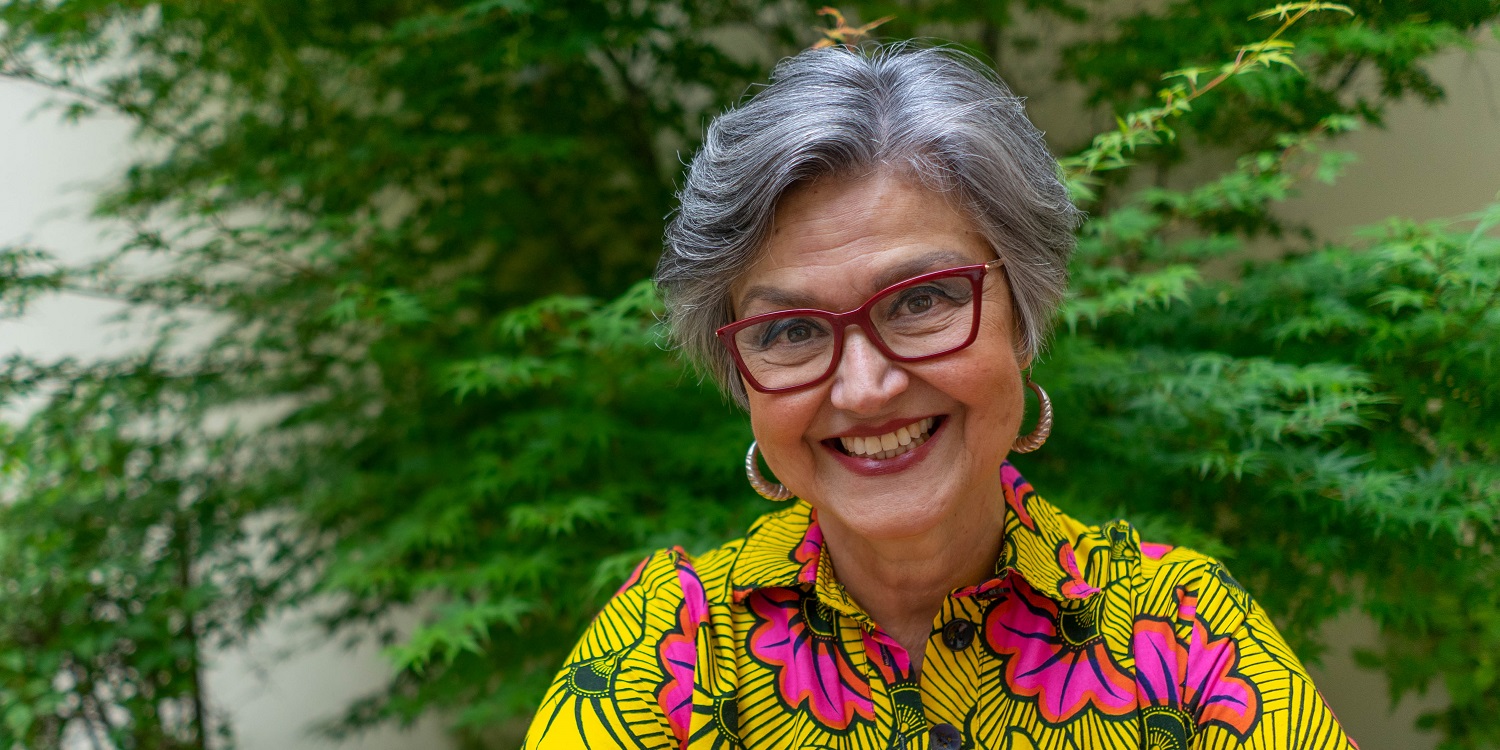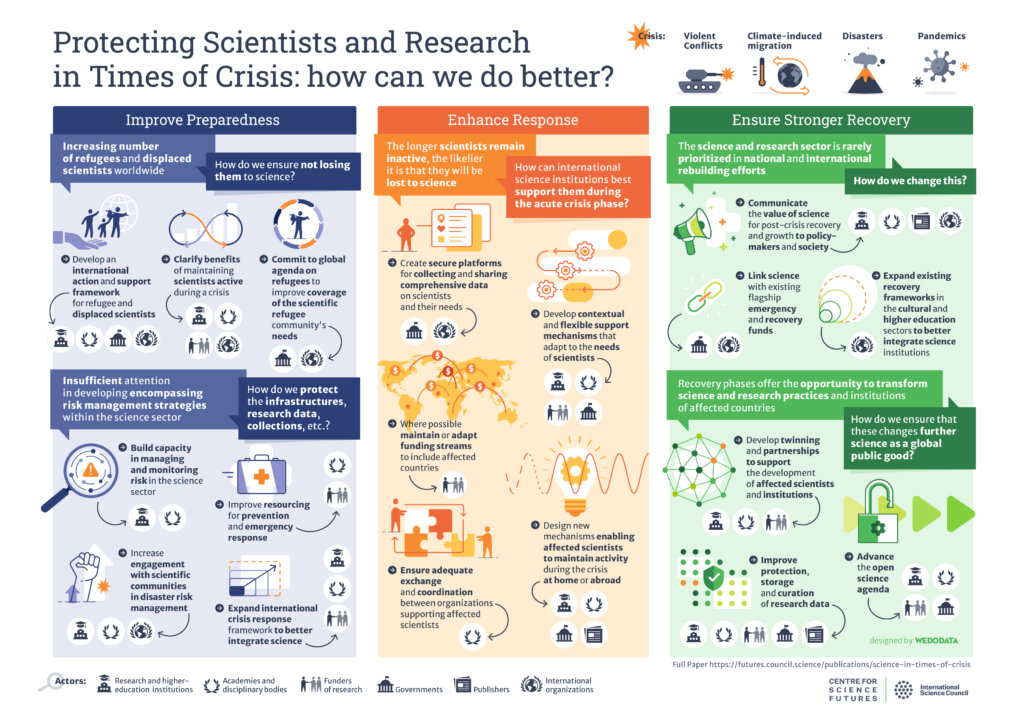
Excellencies, distinguished delegates,
This statement is delivered on behalf of the International Science Council, which federates 245 science academies in the field of natural, social and human sciences of countries and territories, research councils and international disciplinary bodies in support of actionable knowledge and sound decision-making.
The International Science Council – the ISC – welcomes the focus of this session and stresses the urgency of this moment.
Converging and interdependent crises – climate change, rising social and economic inequality, war, pandemics – are amplifying the impacts of one another with often devastating consequences.
In the process, threatening scientific communities and entire research ecosystems, and in some cases providing the context for further curtailing of scientific freedoms and the degradation of the right to participate in and to benefit from science.
With the number of refugee and displaced scientists estimated at 100,000 worldwide, the equivalent to the entire scientific workforce of 3 to 4 countries, we cannot collectively afford to lose that knowledge and investment.
If science is indeed a common good of humanity, and a shared endeavour that transcends borders, then it is incumbent on the global scientific community to support our colleagues across the globe in times of crisis.
In an era of polycrisis, science remains a rare common language for developing solutions and coordinating action. However, when trust in science is compromised, whether through misinformation or political interference, it becomes harder to protect science during times of crisis, and the potential for science-led policy solutions is diminished.
As crises evolve, so must the policies and frameworks which inform and aid science and scientists across the world. The questions before us are pressing. What happens to scientific research during a war, a disaster, or a pandemic? How do we ensure that science and scientists do not fall through the gaps in funding or in humanitarian protection? How do we protect archives, research
data and clinical trials, ensuring they are not lost forever? How do we keep scientists active and involve them in the reconstruction of vibrant research ecosystems after the crisis?
As part of helping to generate answers, the International Science Council and its Committee on Freedom and Responsibility in Science (CFRS) disseminated UNESCO’s call for advice, seeking to collect contributions on several aspects of the 2017 Recommendation from a wide range of stakeholders.
More recently, the ISC and its partners have held two conferences on the science sector’s response to the escalation of war in Ukraine, and to war in general, producing important recommendations for the science, policy and society sectors.
In the next week the ISC will release a working paper entitled ‘Protecting Science in Times of Crisis – How do we stop being reactive, and become more proactive?’, highlighting how the scientific community can prepare for, respond to, and rebuild from crises, with the aim of protecting and promoting scientific knowledge as well as scientists and their contributions to society.
By committing further to strengthening the safety of scientists and science systems, we can help ensure the continuation of not only critical scientific research, but also scientific careers, communities and infrastructures. This, in turn contributes to maintaining greater trust in science, and a stronger science-policy-society nexus, as the public better understands the value of a thriving science sector to crisis prevention and recovery. The people and organisations here today are central to this collective effort.
The ISC values the immense work that UNESCO has contributed to this cause. We stand ready to work with UNESCO to initiate work towards concrete policy solutions and to scale up efforts to promote scientific freedom and make the 2017 Recommendations a reality for all scientists.
